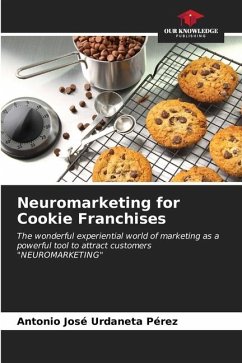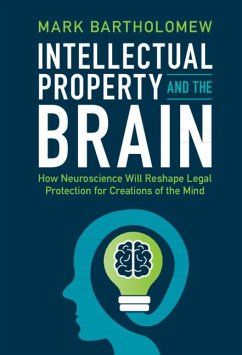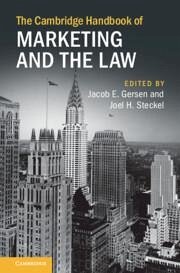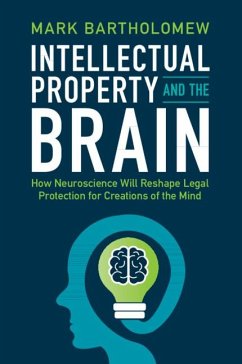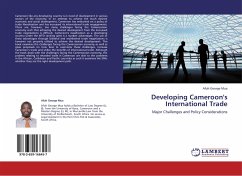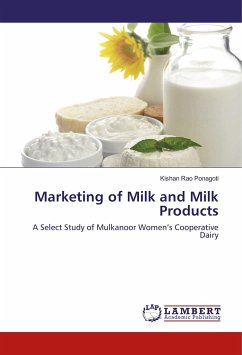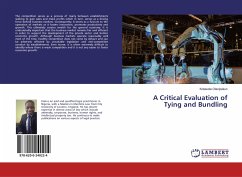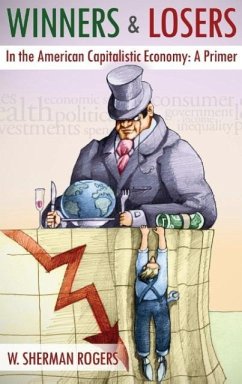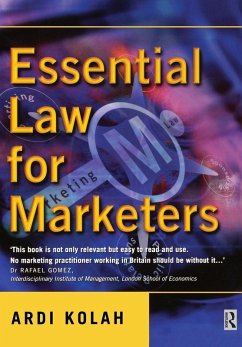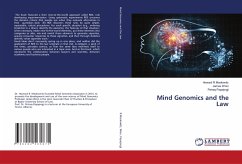
Mind Genomics and the Law
Versandkostenfrei!
Versandfertig in 6-10 Tagen
65,99 €
inkl. MwSt.

PAYBACK Punkte
33 °P sammeln!
The book featured a then new-to-the-world approach called RDE, rule developing experimentation. Using systematic experiments RDE uncovers the decision criteria that people use when they evaluate alternatives in their quotidian, daily life. RDE discovers these rules by quite simple, repeatable, robust procedures. For each specific situation (e.g., ordering breakfast in a diner), identify the elements, the features of that situation, when necessary create new-to-the-world elements, put these elements into categories or silos, mix and match these elements to generate vignettes, acquire consumer r...
The book featured a then new-to-the-world approach called RDE, rule developing experimentation. Using systematic experiments RDE uncovers the decision criteria that people use when they evaluate alternatives in their quotidian, daily life. RDE discovers these rules by quite simple, repeatable, robust procedures. For each specific situation (e.g., ordering breakfast in a diner), identify the elements, the features of that situation, when necessary create new-to-the-world elements, put these elements into categories or silos, mix and match these elements to generate vignettes, acquire consumer responses to these vignettes, and then through statistics identify 'what vignettes work.'Good ideas don't necessarily spring up in one place, and neither did the application of RDE to the law originate in that visit. A zeitgeist, a spirit of the times, pervades science, so that the same idea manifests itself to various people who are interested in a topic area. And so this book, which represents the collaboration between lawyers and scientists, between academics and business people.



